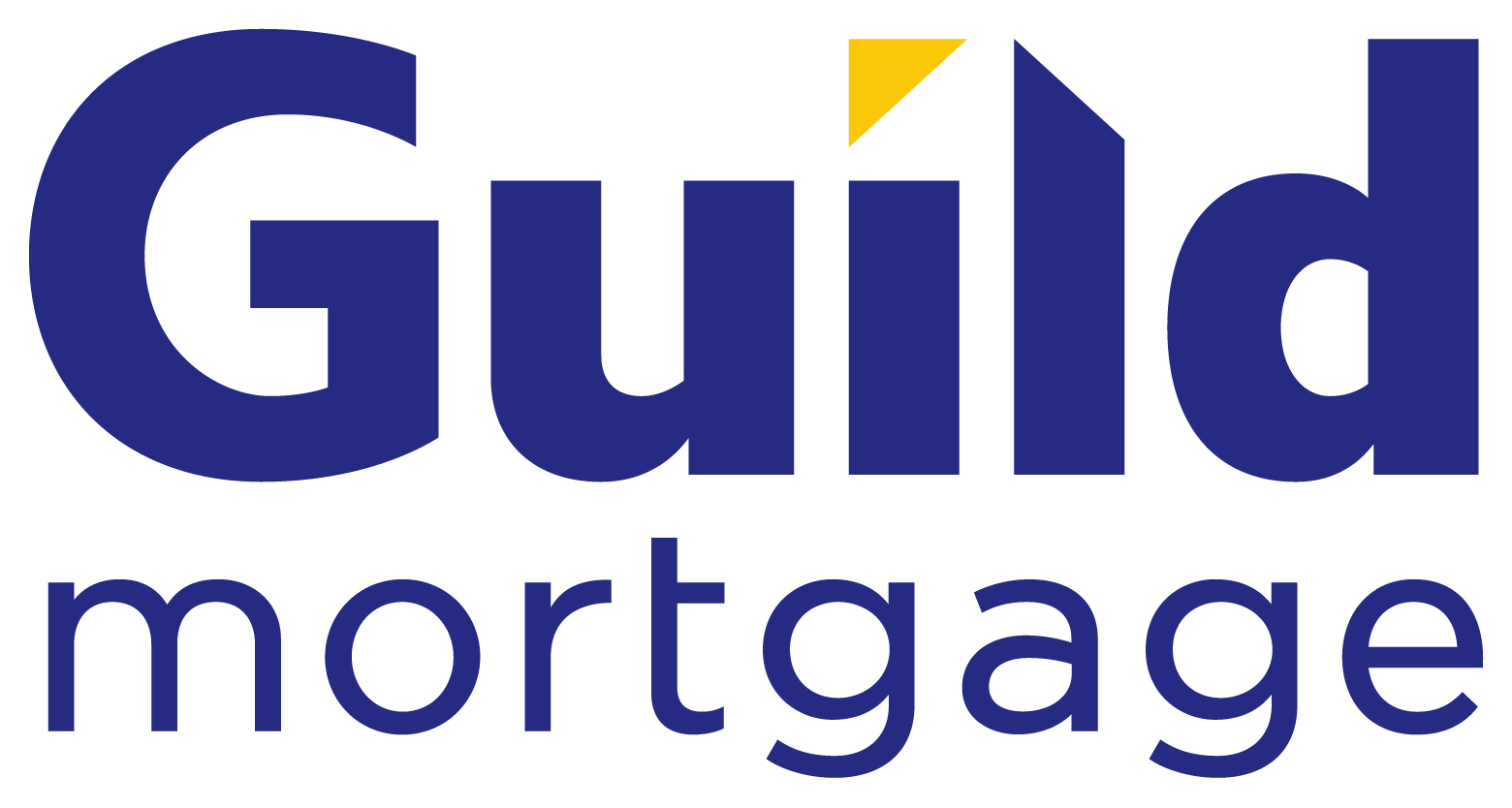Learn About…
Down Payment Assistance
What is Down Payment Assistance?
When you buy a home, you will usually have to put money down that is equal to a
percentage of your home’s purchase price (This depends on the loan program). Down
Payment Assistance is a separate loan that will be a 2nd lien to your original loan. Most government and charity programs have strict definitions for who may qualify as a “first-time homebuyer”. If you have not had any kind of homeownership in the last 3 years, most state, federal, and nonprofit consider you a first-time buyer.
Things To Know
- You cannot use DPA if you are trying to purchase an investment property.
- There are different assistance loans that can be offered at the state and local levels. Ask your loan officer about this topic.
- If you are approved for DPA, you should expect to have a higher interest rate. This is based on the risk factor, as well as the state getting their money back.
- You cannot use DPA if you have enough assets to make up a down payment.
- The home must be in a specific locale or county.
- You must attend a class on home buying and finances. Ask your loan officer about this.
- You must live in the home for a certain number of years (often 3-10 years).
The home buying process may take longer than normal.

Common Questions and Answers:
What is a down payment assistance program operated by a tax-exempt organization?
Traditionally, down payment assistance programs operated by tax-exempt organizations provided cash assistance to low-income homebuyers who could not afford to make the minimum down payment or pay the closing costs involved in obtaining a mortgage. Funds for these programs came from government agencies or from a charitable organization’s public funds.
Why is the IRS focusing on down payment assistance programs?
Increasingly, the IRS has found that organizations claiming to be charities are being used to funnel down payment assistance from sellers to buyers through self-serving, circular-financing arrangements (seller-funded programs). Typically, there is a direct correlation between the amount of down payment assistance provided to the buyer and the payment received from the seller. Moreover, the seller pays the organization only if the sale closes, and the organization usually charges an additional fee for its services. Seller-funded programs are operated to benefit sellers who participate. Thus, such organizations are not operated exclusively for an exempt purpose, a requirement of tax-exemption under section 501(c)(3) of the Internal Revenue Code.
How does an exempt organization’s seller-funded down payment assistance program generally work?
The charitable organization provides the purchaser’s down payment funds to the escrow/closing agent before settlement. At closing, the down payment assistance amount is deducted from the seller’s proceeds and remitted to the organization. Usually, the seller pays a service fee to the organization. If the property is not sold, the seller is not obligated to make any down payment assistance payments and some organizations refund the service fee.
Doesn’t a seller-funded down payment assistance program facilitate the ability of lowincome individuals and families to purchase affordable housing, and therefore further the exempt purposes of a tax-exempt organization that sponsors the program?
A March 2005 report entitled An Examination of Down payment Gift Programs Administered By Non- Profit Organizations, commissioned by the U.S. Department of Housing and Urban Development (HUD), found that seller-funded -1- down payment assistance has led to underwriting problems and resulted in an increase in the effective cost of homeownership. A report from November 2005 entitled Mortgage Financing: Additional Action Needed to Manage Risks of FHA-Insured Loans with Down Payment Assistance, conducted by the U.S. Government Accounting Office (GAO), found similar results. Moreover, because the service fees generated by property sales keep seller funded down payment assistance organizations financially viable, these organizations may be more interested in closing sales of property to generate service fees than they are in taking responsible steps to ensure that buyers acquire safe, decent, sanitary and affordable housing.
Is down payment assistance provided under a program sponsored by a tax-exempt organization includable in the homebuyer’s income?
Generally, down payment assistance will not be included in the homebuyer’s gross income for federal income tax purposes. However, if the buyer receives down payment assistance from a seller-funded program, the homebuyer must reduce the cost basis of the home because the down payment assistance represents a rebate or reduction in the purchase price thus lowering the homebuyer’s cost basis under IRC section 1012.

Derek Egeberg
PHONE: (928) 246-0422
PHONE: (928) 247-9089
Bill Craft
State Lic: AZ LO-0942496, CA-DBO01621885, MLO-54015VA
PHONE: (928) 366-1639
PHONE: (928) 247-9089
Rosa Castillo
NMLS 799138
State Lic: LO-0944489
PHONE: (928) 920-2831
PHONE: (928) 247-9089
Apply Now


